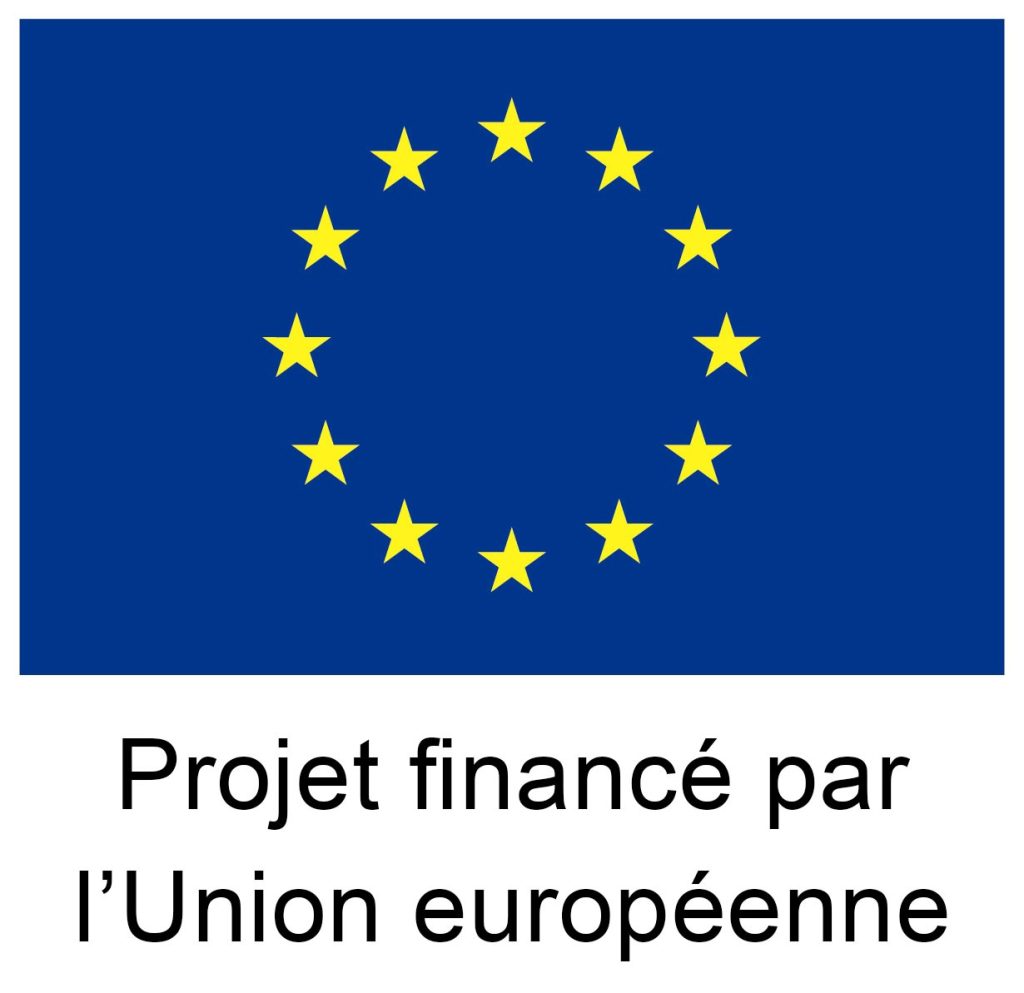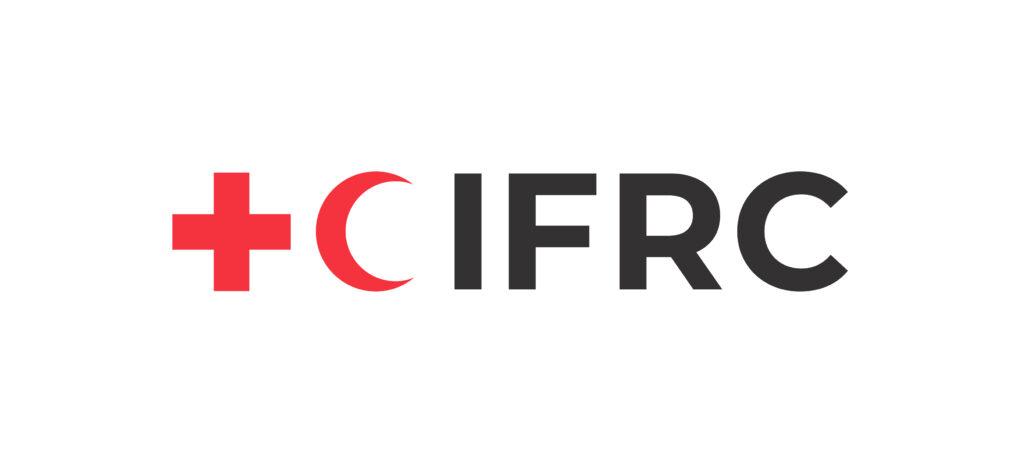01 October 2025
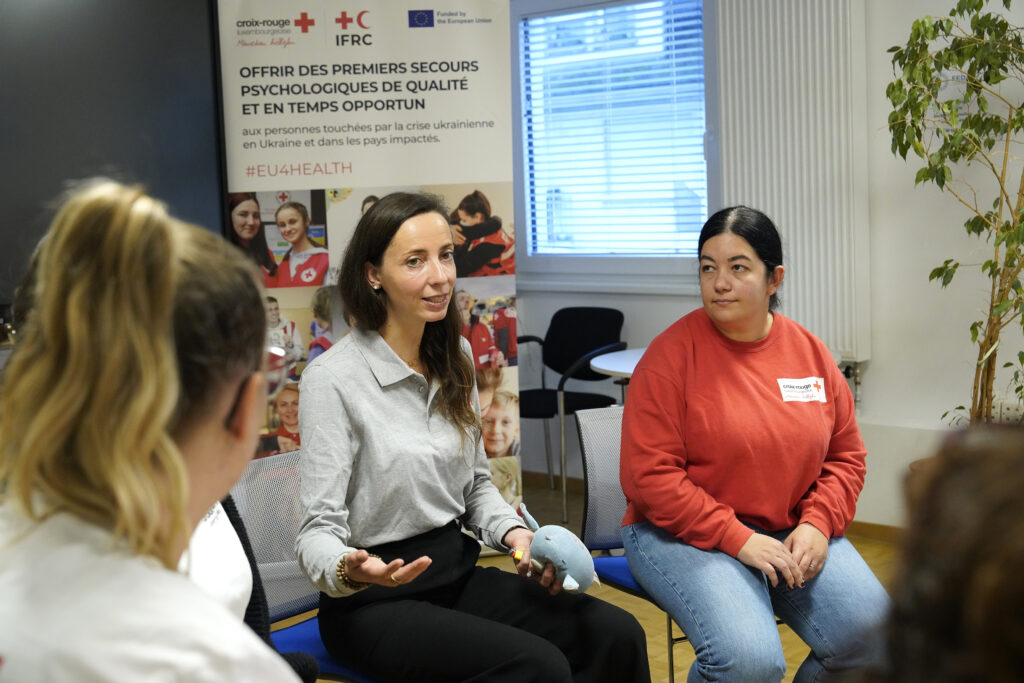
Several training sessions and workshops have been offered to Red Cross staff as part of the EU4HEALTH programme. Funded by the European Commission, this programme aims to provide access to psychological first aid and psychosocial support for populations affected by the crisis in Ukraine and in neighboring countries. The objective: to ensure access to tailored psychosocial support and to strengthen the skills of Luxembourg Red Cross staff and volunteers who support affected people every day.
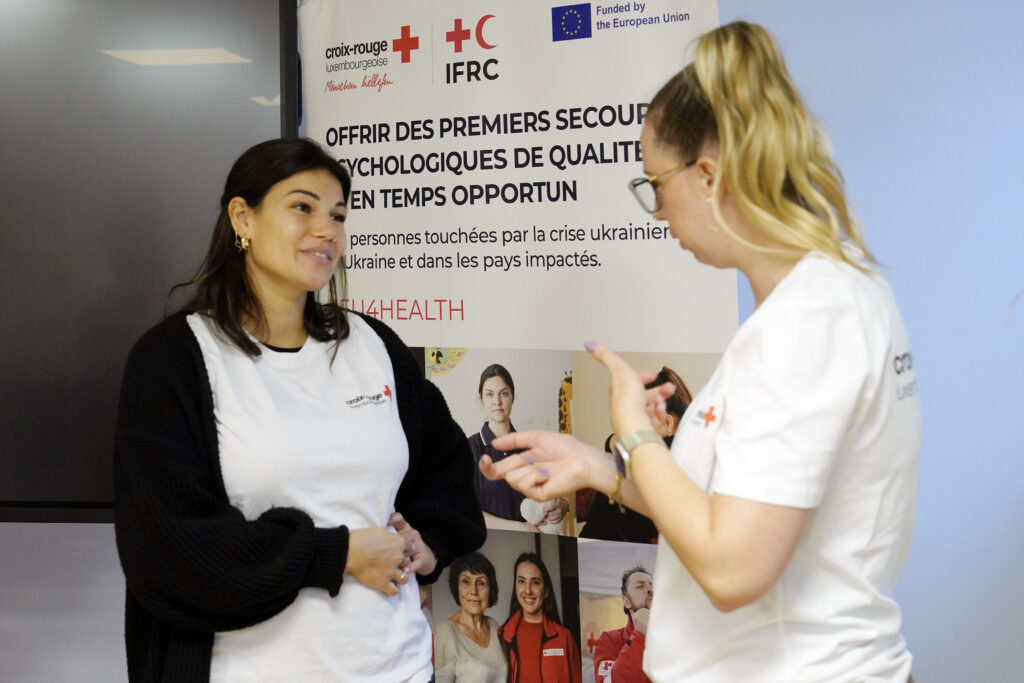
Between 2023 and 2025, 19 training programmes dedicated to Emotional Intelligence, totaling 208 hours, enabled nearly 200 participants to explore concrete tools to preserve their balance and strengthen their resilience. “Returning to the body means returning to oneself,” explains Ophélie De Soto, psychologist at the Luxembourg Red Cross Employee Support Unit, who leads these workshops.
Talking circles, active listening, and nonviolent communication create safe relational spaces where everyone can express themselves freely. These practices strengthen cohesion, a sense of belonging, and the capacity to act in alignment with one’s values.
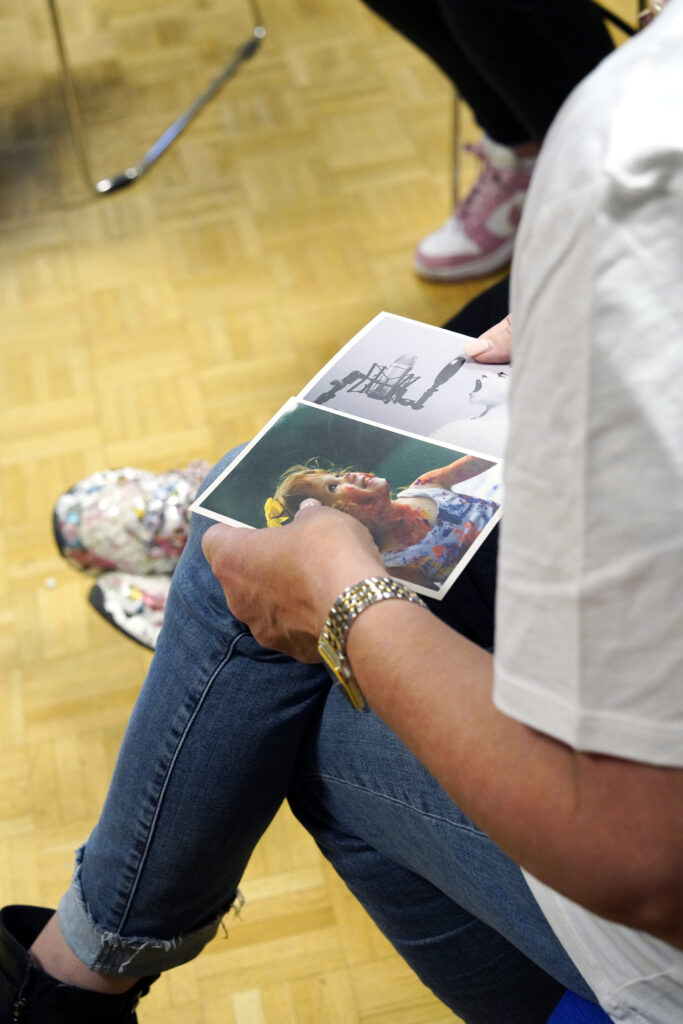
Through breathing, grounding, and mindful movement, participants learn to recognize their emotions before they overflow and to naturally regulate their stress. By also working on major existential fears, each person discovers how to adjust their inner posture to regain balance, openness, and authenticity.
Emotional intelligence is at the heart of this work.
“It invites us to observe our reactions with curiosity and kindness,” the trainer emphasizes.
By cultivating this balanced posture, staff and volunteers develop greater presence to themselves and to others – an essential condition for being able to accompany, with respect and effectiveness, people deeply affected by armed conflicts.
Disclaimer: The views and opinions expressed are those of the authors and do not necessarily reflect those of the European Union or the European Health and Digital Executive Agency (HaDEA). Neither the European Union nor the granting authority can be held responsible for them.
